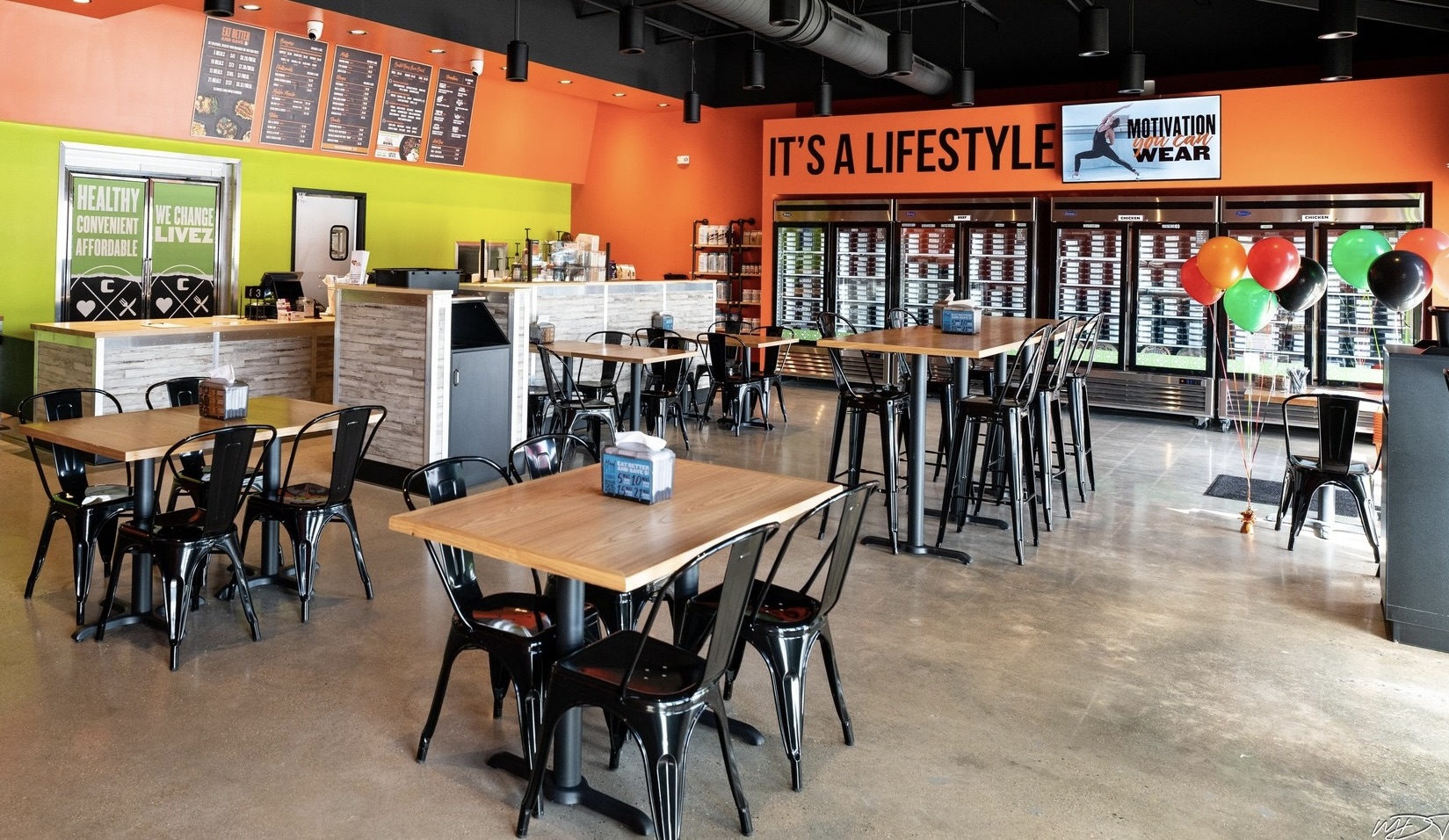by Kate Marino, Children’s Hospital of Richmond at VCU
Two years ago, no one could find toilet paper. Now, there’s a shortage of infant formula – a similar situation, but with more dire consequences. So, how can you safely feed your baby if you’re having trouble finding formula?
What’s behind the formula shortage and what NOT to do
Formula shortages began early in the pandemic, but ongoing supply chain issues coupled with the recall of several formula products have exacerbated the issue in recent months. As a Baby-Friendly hospital we support breastfeeding, but work with families who are not able to or choose not to as we all navigate these very challenging formula shortages.
“Multiple times a day I’m hearing from parents and caregivers that they’re having trouble finding their baby’s formula,” said Dr. Tiffany Kimbrough, pediatrician and medical director of the Mother-Infant Unit. “I always urge them not to mix their own recipes – and there are a lot circulating on social media – due to the risk for nutritional deficiencies in infants.”
Our pediatricians also say it’s not a good idea to add extra water to stretch the formula farther. This can cause nutritional imbalances and lead to health problems. Ordering formula from overseas is discouraged too because it’s not FDA reviewed and approved and can incur unpredictable conditions during shipping that lead to bacterial contamination.
Steps to safely nourish your baby during the formula shortage
Talk with your pediatrician to see if they have access to a container of formula to get you through until you’re able to find some at a store. Sometimes manufacturers or representatives will provide physician offices with samples. The pediatrician can also recommend other brands, including store brands, that would be safe for your baby. Most infants can safely switch, but some have allergies or other special dietary needs that require formulas with specific ingredients.
Ask family members and friends to keep an eye on the formula shelves at the stores they visit. It’s often said that it takes a village to care for a child, and this is one of those instances. Check smaller stores too, which may not run out as quickly as the larger stores that get more traffic.
Check online to see if you can buy directly from the manufacturer or from a reputable distributor. There are also social media groups where members share information about restocked shelves and other tips for finding specific types of formula.
Avoid stockpiling formula, which can make the shortage last even longer. It’s best to keep a 10-day to two-week supply at home to help everyone gain access to what they absolutely need. Many retailers are limiting quantities to help keep supplies available too. Manufacturers are working to ramp up production and get supplies back up to pre-pandemic status as quickly as possible.
Contact your local WIC office for recommendations on accessing available supplies. Ultimately, your pediatrician is the best source of information and guidance on safely feeding your baby.
Read about potential scams related to the baby formula shortage here.
If you encounter a scam or fraud, file a complaint with the BBB here.







